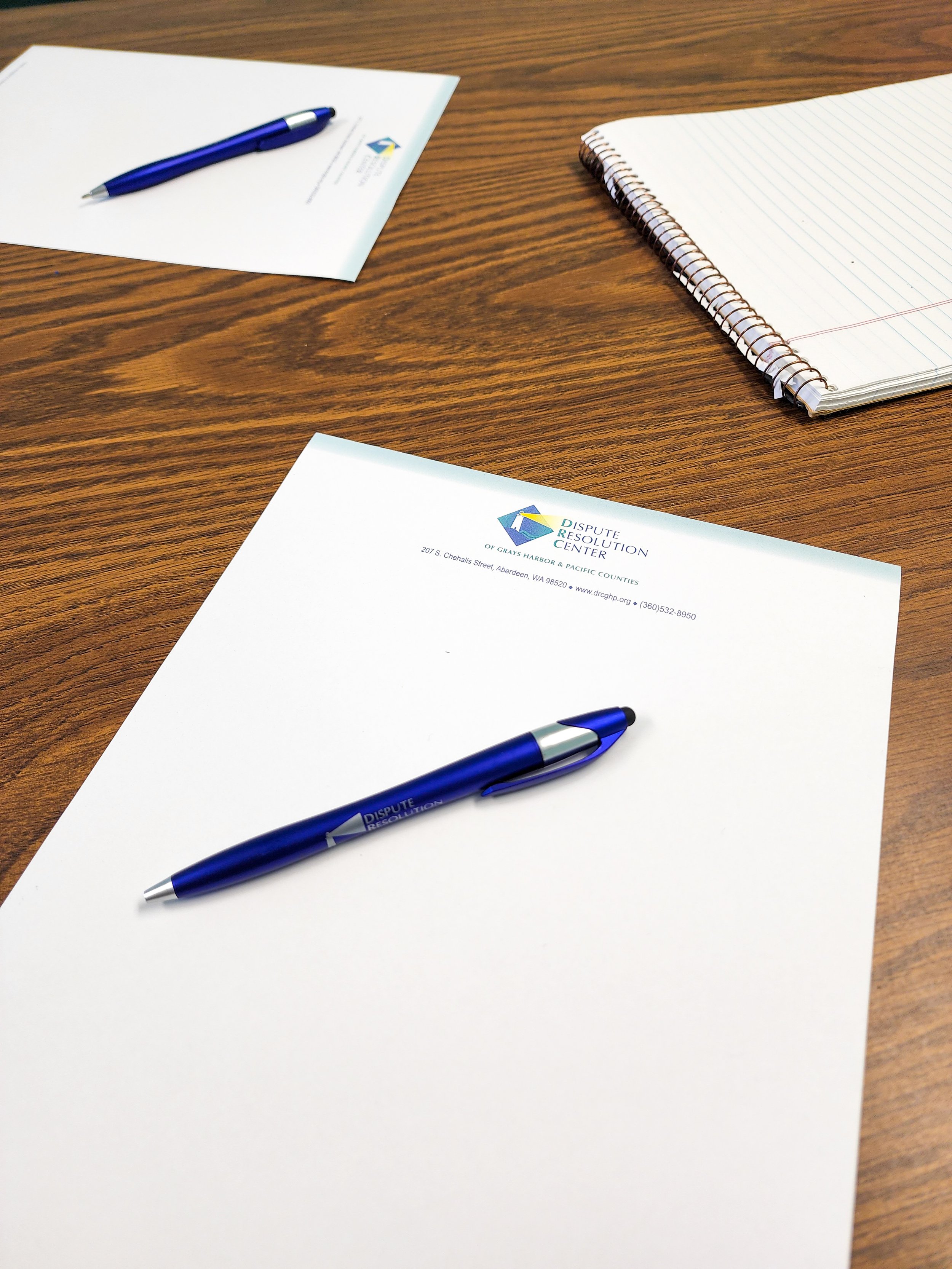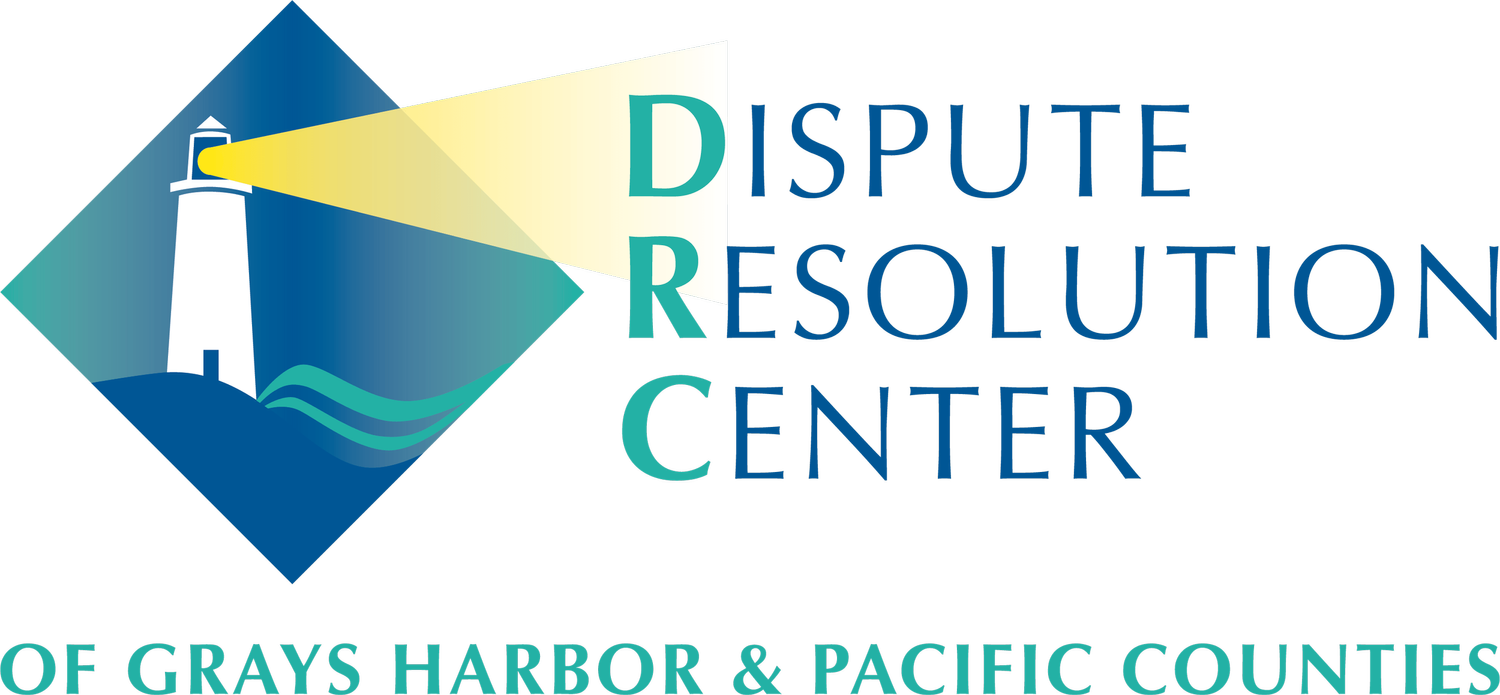
Frequently asked questions.
-
Mediation is a communication process for disputing people, creating a space for needs-based negotiation. Each session is facilitated by a mediator, who establishes a balance of power between disputing parties (the plaintiffs and defendants).
Our community mediation service allows parties to focus on the issue while addressing underlying interests. The goal is to reach an agreement voluntarily accepted by all parties involved, usually resembling a legally binding contract.
-
A mediator is a neutral, third-party professional who helps 2+ parties reach a settlement through collaborative dialogue. They can support various matters, from family disputes to workplace disagreements.
Many people become mediators as they are interested in resolving conflict. They study conflict resolution theory and practice in the field to enrich their understanding and how mediation can improve even the most heated issues.
-
Our community mediation service gives people a space to collaborate and work toward an agreement everyone accepts. Reaching an agreement is voluntary. It focuses on having a needs-based conversation rather than a debate, with each party acknowledging and understanding the other.
Mediators sitting in on the session don’t decide how the parties should solve the problem. Instead, they help resolve by having a productive, forward-thinking, and respectful conversation.
Many people often come to the Dispute Resolution Center thinking mediation won’t help them – but leave with a win-win settlement agreement!
-
Mediation can be beneficial in the following circumstances:
Customers disappointed with a product or service
Disputes between businesses and/or teams
Family issues (e.g. divorce, siblings, elder care, or parents and teens)
Co-parents creating a childcare plan
Employees engaged in workplace conflict
People in disputes with state, county, or government agencies
Tensions between a landlord(s) and tenants
Conflicting neighborhoods and/or friends
-
People often come to mediation through court referral but may also use it voluntarily if they:
Want to stop conflict from escalating quickly
Can’t seem to resolve the matter on their own
Need to maintain a respectful, ongoing relationship
We recommend that people call for mediation as soon as possible, as unresolved conflict can evolve into serious and more hurtful problems – not to mention expensive.
-
Mediation generally takes place for 2-3 hour sessions. Most issues are resolved within 1 session.
If the matter isn’t resolved in the first session, a second will be scheduled (at a 20% lower fee).
-
Please bring any preparation documents you are likely to discuss. Also, bring along any other information that you think will help with the conversation. Make sure to seek legal advice if you need it prior to the sessions as the mediators will not be able to provide legal advice. You are welcome to request a break to consult your attorney during the session.
-
Our mediation process is a client led, interest based model. We expect clients to speak for themselves. Support persons are always welcomed to wait in the waiting room area. By mutual consent of the parties, support persons may be allowed to be present in the mediation room.
Please note that children are NOT allowed in the room during mediation.
